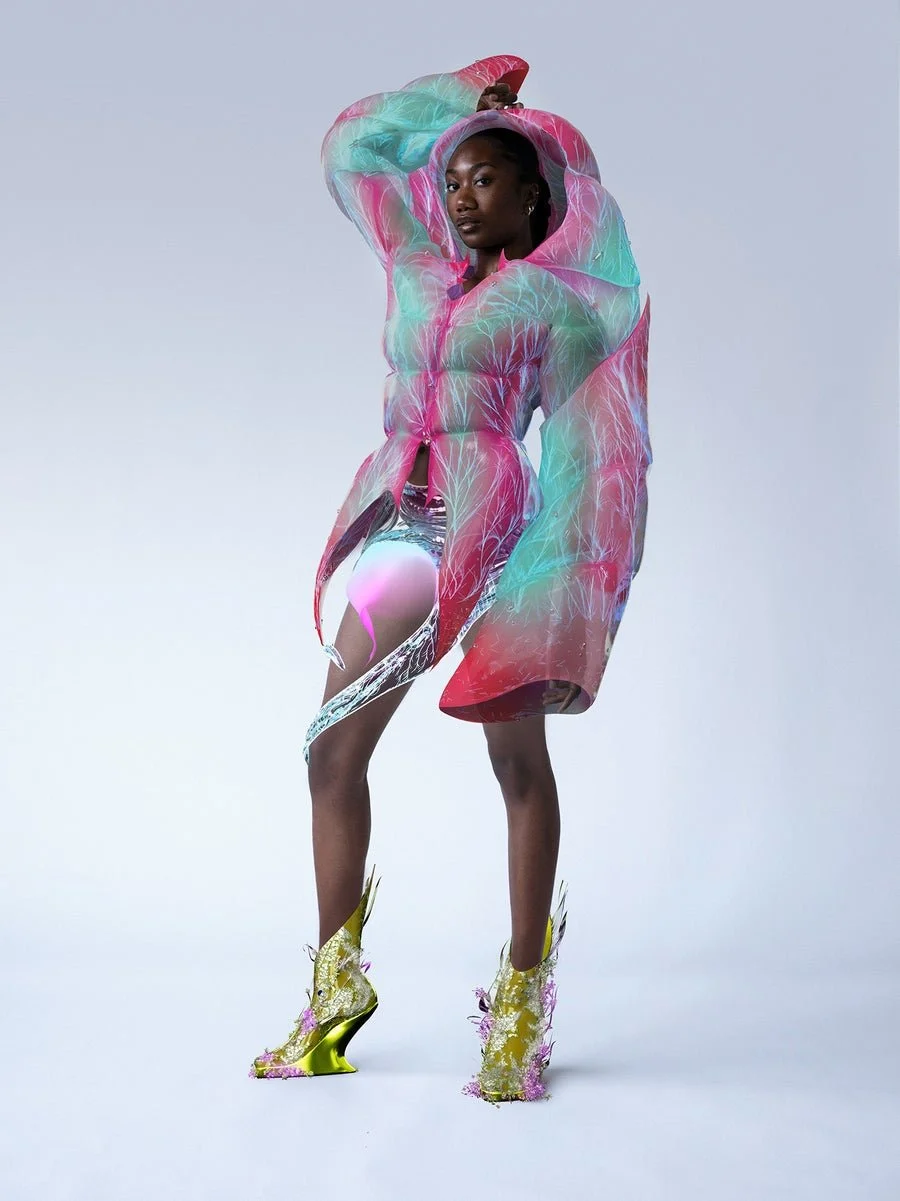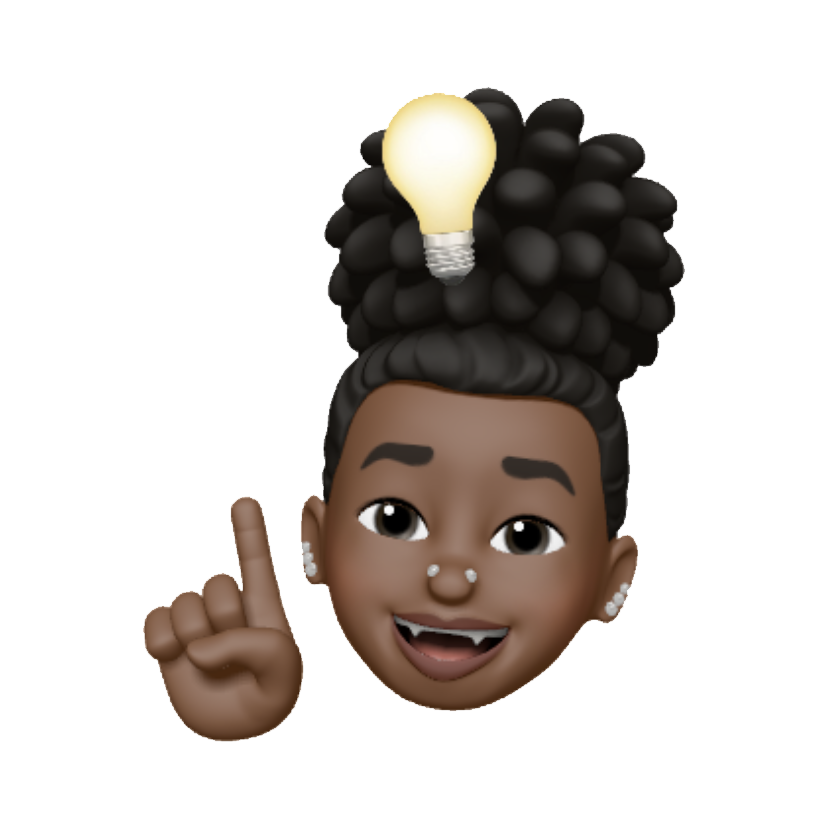
ARE ADVANCEMENTS IN TECH INCLUSIVE?
Upcoming Tech Trends
Looking into the upcoming tech trends for 2022 the metaverse is dominating all conversations. However, as digital worlds are beginning to take over, are there some societal groups being left behind?
Advancement of Technology
Examples of the advancement of tech leaving behind societal groups is prevalent in cashless societies.
From studies it is clear that less people are carrying cash which has had a knock on effect on the homeless in the UK.
Another example, it was revealed that current AI technologies have certain biases as, some do not recognise darker skin tones as shown in the documentary Coded Bias.
As technology advances are there areas of the metaverse which may not be as inclusive as it is presented to be?
Will the Metaverse be Inclusive?
The evolution of the metaverse will need certain hardware to use for example VR headsets or smart glasses. Many companies such as Facebook (Meta), Apple and Amazon are looking to release their own versions in the near future which could be quite expensive for customers.
Will the need for expensive hardware leave out societal groups from accessing the metaverse?
Digital Fashion within the metaverse has the potential to make fashion inclusive, accessible and more sustainable in comparison to fast fashion or luxury brands.
Trends such as fashion hauls could be done through virtual try on in the metaverse limiting the impact on the over consumption and throw away culture that fast fashion causes.
Digital fashion in the metaverse has the opportunity to make fashion more accessible and affordable then fashion in real life.
Nike has trademarks for the development of virtual trainers that could be used in the metaverse. Nike is looking to drop limited edition virtual trainers as NFTs that could cost £30,000.
Could digital fashion in the metaverse exclude people who may not be able to afford the latest digital fashion trends? Will this be another avenue for young people to feel insecure not being able to access the latest trends?
Roblox, a popular game with children aged 9-12, previously promoted that your children can learn game development skills and ‘Earn serious cash’.
However, Roblox didn’t disclose the barriers to monetise games as, only select few games and developers get advertised otherwise developers must pay to advertise their games.
There is also controversy in the collectibles market and developers pay only being in Robux which can only be withdrawn from 100,000.
Is Roblox promoting a fair and inclusive space for aspiring game developers? Or causing a generation of children experiencing burnout and stress from child labour.
Neo-colonialism in Tech
A talk with Kehinde Andrews at Black Tech Fest discussed the connotations of tech giants monopolising users' data spurring neo-colonialism through the tech industry.
Neo-colonialism in Tech often called Digital colonialism and/or data colonialism is the exploitation of the Global South through data. Big tech giants such as Google and Facebook have been undergoing developments to supply internet access across Africa and other countries in the Global South. However, these companies are pushing western products that don’t cater for the needs of the people who live there.
A real life application of digital colonialism is presented in Facebook’s Free Basics programme. Free Basics allows users access to a very limited version of the internet for free.
To view a full news article users have to pay for full mobile data. Also 70% of sites that can be accessed through Free Basics are from overseas and not trusted localised news platforms. Free Basics also isn’t accessible in local languages.
While Free Basics pushes select irrelevant content to users they still take ample data, making them passive users of Facebook.
Free Basics has been banned in India.
Advantages Vs Disadvantages of the Metaverse
Can be anyone you want
How will users transform and monetize from metaverse
Gives more users a platform they could monetize in different ways
More sustainable as less production / use / waste of materials
Integrated with real life not always looking at a screen in the future
Digital fashion more accessible can own luxury fashion digitally as cheaper to produce / easier to get hold of in remote areas.
Can be anyone you want - more chance of trolls/hate targeting certain groups
Expensive to buy certain products to keep up to date
Digital fashion focus on monetisation - becomes exclusive to rich
Need for digital goods as well as in real life can’t afford
Metaverse trends trying to keep up with what’s popular
Mental health concerns constantly being surrounded by the metaverse
Further addictions to technology
Real life connections lost or less meaningful
How much will this add to our digital carbon footprint
How can the metaverse have a positive impact on users lives?
As the metaverse is to be an inclusive space for everyone it allows for more users to be able to use and or monetise in their own way that may not be reliant on bias algorithms, vanity and pretty privilege.
Podcasting, audio books, music, art can all be consumed through the metaverse in many different ways that users will define how.
However, implications such as algorithms could follow into the metaverse from using the bases of westernised data.
As the metaverse advances being constantly surrounded by technology could further surveillance, accessibility and entitlement to other people, making it more addictive than social media now. Also, not being limited by screens could spur on more mental health problems.
Is the monopoly on human data ethical?
Using the guise of ‘digital equality’, is this a way to try to infiltrate the Global South to exploit and profit from data that hasn’t been accessed yet?
How will the metaverse contribute to Digital Colonialism?
Will the metaverse be inclusive or will the implications of who can access latest digital trends cause more mental health concerns?
How will users transform the metaverse, just as the age of the influencer transformed social media?






